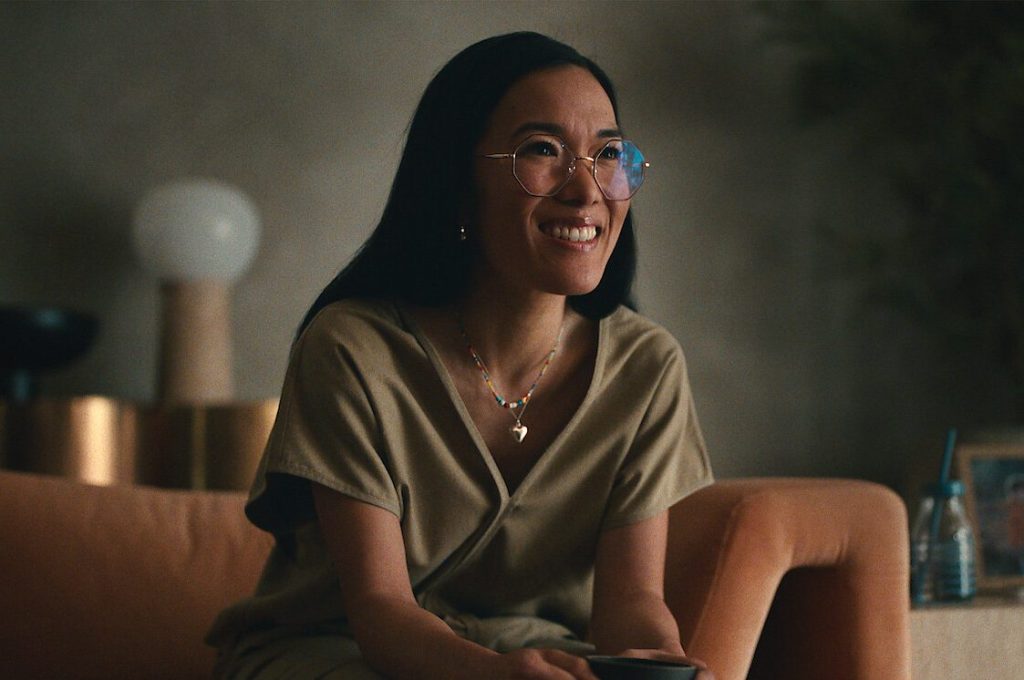A wave of recent films, from Crazy Rich Asians to Turning Red to Everything Everywhere All At Once, has received critical acclaim for their representation of Asian Americans. But too often such films are one-dimensional, depicting the angst of model-perfect characters damaged by generational trauma and helicopter parenting.
That’s why the arrival of Beef, a show streaming on Netflix that follows two strangers whose moment of road rage leads to the self-destruction of their lives, is so welcome. The series is complex and nuanced; it breaks more artistic barriers than it has any right to.
Beef is never interested in emphasizing that its cast is predominantly Asian American. Instead it chooses to depict them as imperfect people, responsible for the bad choices they make along the way. Danny Cho, played by Steven Yeun is a struggling contractor trying to get his parents to return to the US, while Amy Lau, played by Ali Wong, is an upper-middle-class small business owner who loves her doting husband George, the son of a famous conceptual artist, and their daughter Junnie.
Behind the girlboss facade, Amy represses her angst, while Danny is prone to explode, blaming others for his emotional problems. This messiness is mined in greater fragments, all the way up to its music supervision, curating a lot of sludgy alternative rock from the 1990s and 2000s. In one scene, Danny covers Incubus’s “Drive” at his church’s youth group. Beef succeeds in showing these people as human, above all else, with Yeun and Wong giving career-best performances.
As the two meet, creator Lee Sung-jin pays great attention to detail and adeptly explores the class dynamics of Los Angeles, a notoriously divided city. It brings to mind the envies depicted in Korean films like Parasite and Burning, the latter of which stars Steven Yeun as a wealthy playboy who burns greenhouses for fun. Beef is not the first piece of Asian-American media to take on this topic. Always Be My Maybe, another Netflix release, is a romantic comedy that starred Wong as a San Francisco businesswoman unfulfilled by her romantic life and her fiancé who reunites with a high-school sweetheart, a guy who looks after his dad. But where Always Be My Maybe is rather sanitized, Beef is gritty.
Beef is also more successful in approaching the familial anxieties of these characters. While Amy seems better off, it is the other side of the equation that’s more interesting. Danny’s brother Paul is not as emotionally stunted as Danny, but is stuck in a quarter-life crisis, preoccupied by his crypto savings and video games. Paul wants to be loved and find love. Young Mazino brings substance to a character that is doomed to be the shadow of his older sibling. As we learn more about these circumstances, his frustrations become more poignant.
Holding its own in Netflix’s top ten, Beef rises to the occasion by not being the typical work of Asian-American entertainment. Watching the show reminded me of the characters in Wesley Yang’s essay collection The Soul of Yellow Folk. Yang presents Asians as people who do not easily fit into the ideological boxes America sets up or the cultural boxes their own families set up. Lee Sung-jin is hoping to explore Danny and Amy further. Whether or not he gets the chance, in Beef he has made something that’s in a class of its own.





















